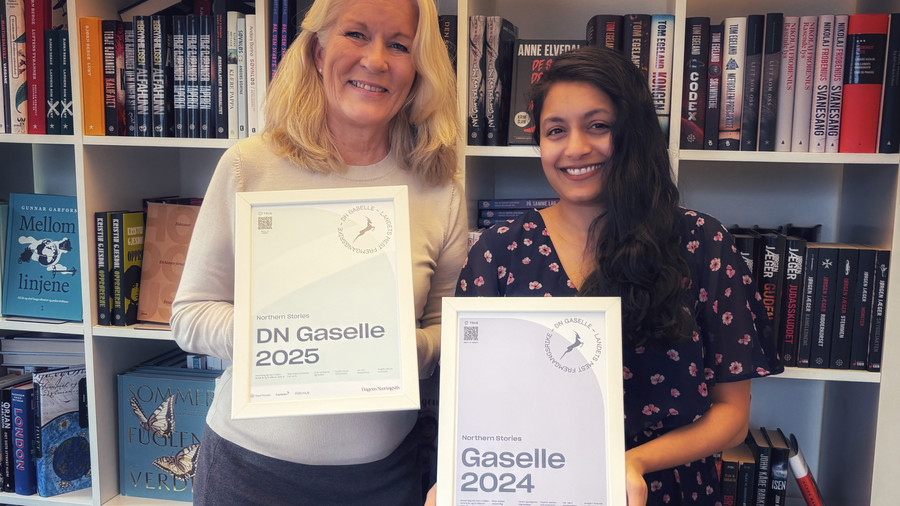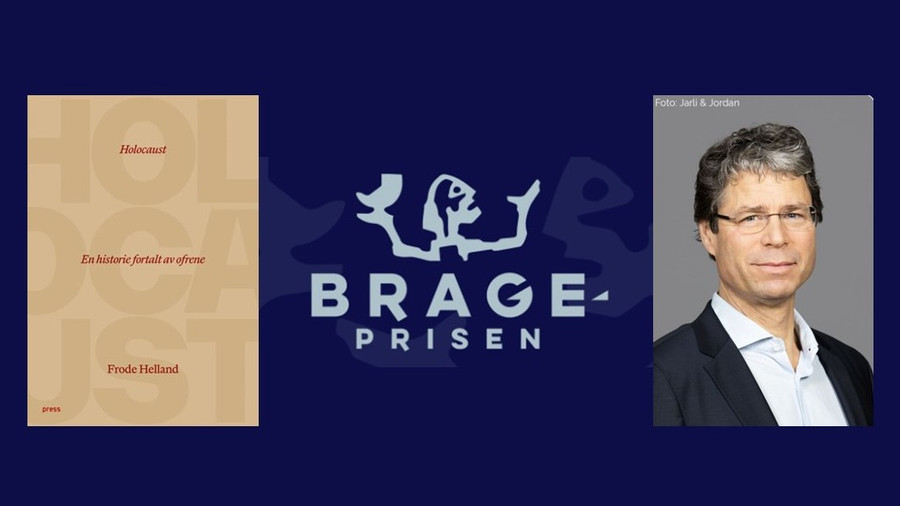Extensively researched with a view specifically to what has not been covered in the extensive array of existing books about London, Nazneen’s book sheds light on the way the city emerged after the Second World War as a result of immigration from Britain’s former colonies and the Commonwealth. London’s development, as well as that of Britain as a whole, is directly linked with the successive waves of immigration that resulted from the British Nationality Act of 1948.
This is a celebration of London’s immigrant communities, and a pertinent reminder of how intrinsic immigrants are to the fabric of London – and British – life.
Originally published as London: Among Gangsters, Rabbis, Oligarchs, Rebels and Other Children of the British Empire, Nazneen’s book was on the bestseller list for a number of weeks. It was chosen by several papers as one of the best Norwegian non-fiction books of 2019 and is one of NORLA’s (Norwegian Literature Abroad’s) ten selected non-fiction titles this spring.
Dagbladet called London ‘the ultimate book about Great Britain’s capital’. Aftenposten regarded it as ‘one of the best books of the year . . . about what a city is and can be’.
Duncan Proudfoot, publishing director of Little, Brown’s Robinson imprint, said: ‘Bringing London into sharp focus as the city of immigrants that it is, particularly those who arrived after the Nationality Act of 1948, is timely in the light of the societal fault lines exposed by the Covid-19 pandemic and ongoing arguments over Brexit. Nazneen’s book is sensitive and insightful, and has a great deal to say to Londoners as well as to Britain as a whole. It does indeed, as agent Thomas Mala says, draw an entirely new map of a city everybody thought they knew.’
Nazneen Khan-Østrem said: ‘My whole life has been connected to London and the British Empire, and I wanted to write a book that connected the empire directly with London, and show how the city’s inhabitants have created a truly unique metropolis . London’s incredible development is directly linked with the numerous immigration groups that came after the war due to the British Nationality Act of 1948. The book captures the historical, cultural and political changes within diverse communities which are rarely connected. I wanted to connect the many dots to show how truly global London is.’
Robinson will publish in Spring 2021.





